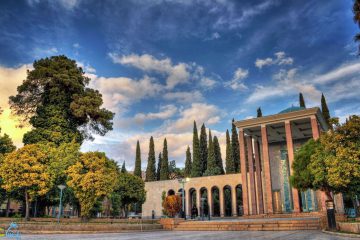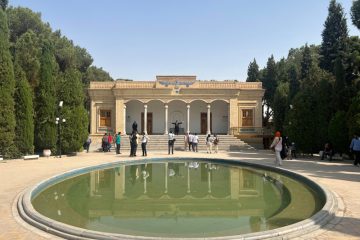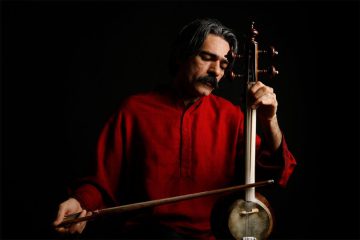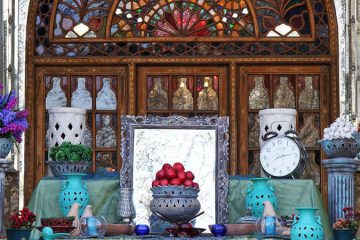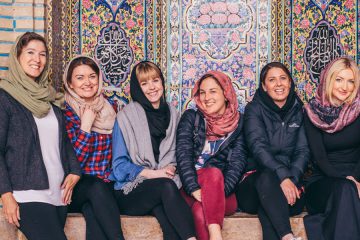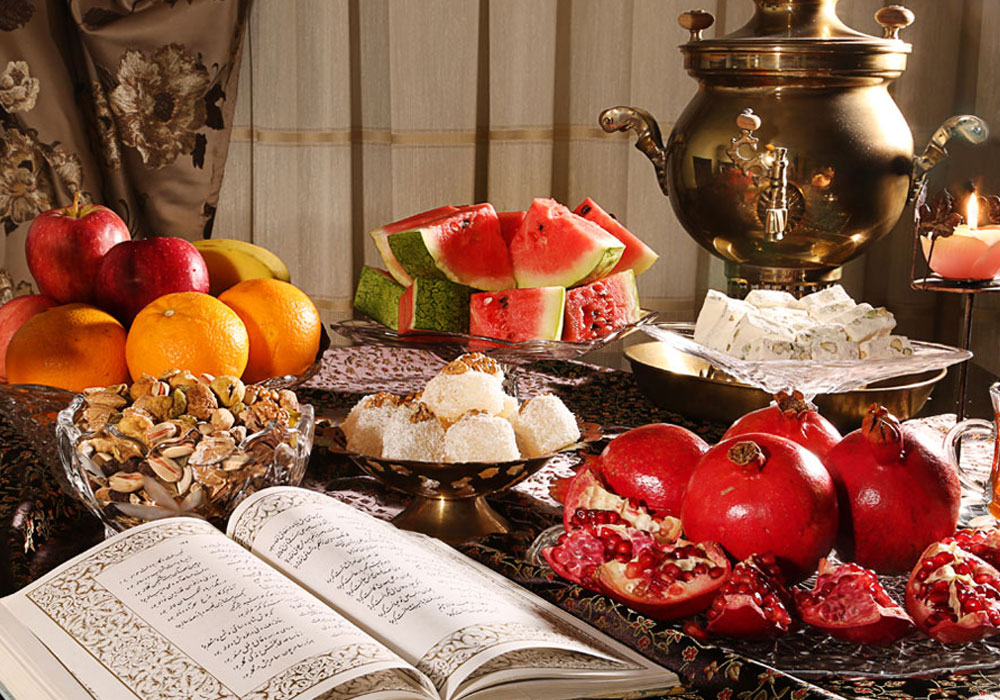
YALDA NIGHT : Celebration of winter solstice
Yalda Night: Embracing the Iranian Celebration of Winter Solstice
Introduction to Yalda Night and Its Profound Significance
Yalda Night, also known as Shab-e Yalda, is an extraordinary and time-honored Iranian tradition that illuminates the longest night of the year, typically occurring on December 20th or 21st. Deeply rooted in ancient Persian customs, this celebration holds immense importance as it symbolizes the triumph of light over darkness, signifying the winter solstice. This cherished occasion brings families and friends together, rejoicing in a sumptuous feast laden with delectable traditional foods like pomegranates, watermelons, nuts, and sweets.
Celebration of Yalda Night: A Tapestry of Feasting, Merriment, and Cultural Richness
The festivities of Yalda Night extend beyond mere culinary indulgences; it is a vibrant tapestry of storytelling, poetry recitals, and melodious music. Gathered around the warmth of companionship, participants share ancient myths and legends, eloquently recite verses penned by renowned Persian poets like Hafez and Rumi, and immerse themselves in the enchanting melodies of traditional songs. The ambiance is infused with a profound sense of warmth, joy, and community spirit, making Yalda Night an unforgettable experience cherished by all.
The History and Sacred Beliefs of Yalda: A Connection to Ancestral Heritage
Yalda, known as Shabe-Chelle, holds within its name the essence of “birth,” marking the longest night of the year when Iranians come together to celebrate this auspicious event. It is deeply interwoven with ancient beliefs that trace back millennia. According to captivating legends, Yalda represents the birthday of Mithra, the revered God of Mithraists, an ancient religion dating back over 4000 years. The underlying symbolism lies in the fact that Yalda corresponds to the longest night, signaling the gradual return of longer days, which resonated deeply with the sun-worshipping Mithraists. This cultural celebration has been a cherished part of Iran’s heritage, passed down through generations, and embraced with unwavering devotion.
NOWRUZ THE IRANIAN NEW YEAR
Traditions of Yalda: Anecdotes, Poetry, and the Mystical “Hafezkhani” Ritual
When Yalda Night arrives, families converge at the homes of their grandparents, savoring a grand dinner featuring a delightful array of dried fruits, nuts, and fruits, with particular emphasis on watermelons and pomegranates. The evening comes alive with the enchanting tales and anecdotes narrated by the elder members of the family, adding a touch of mystique and wonder to the atmosphere. However, the most memorable and mystical part of the night is the ritual of “Hafezkhani.” Hafez, revered as one of the greatest lyric poets in Iran, enjoys an exalted status among the populace. On Yalda Night, the cherished verses of Hafez are read, with the heartfelt belief that they may offer glimpses into the future, guiding the participants on their life’s journey.
The Traditional Iranian Low Table: A Treasured Symbol of Warmth and Connection
At the heart of Yalda Night lies another captivating element—the traditional Iranian low table known as “Korsi.” Adorned with heaters underneath and colorful blankets, the Korsi exemplifies the essence of warmth and comfort, embracing all who gather around it. In many regions of Iran, the family of a future groom sends a special and bountiful tray brimming with thoughtful gifts and delectable treats to the home of the future bride, initiating a delightful exchange of goodwill and love between the two families.
Ancient Persian Beliefs and the Triumph of Light Over Darkness
In the eyes of ancient Persians, the longest night of the year was overshadowed by malevolent forces, only to be followed by a day dedicated to the benevolent Lord of wisdom, Ahuramazda, bringing hope and light into their lives.
Celebrations Across the Globe: Yalda Night as a Cultural Ambassador
Throughout history, Yalda Night has served as a poignant muse for Iranian poets, evoking emotions of longing and separation from loved ones, accompanied by a profound sense of solitude and anticipation. Beyond the borders of Iran, countries such as Afghanistan, Tajikistan, Uzbekistan, and Turkmenistan also embrace and celebrate this exceptional night, transforming it into a global phenomenon, a testament to its cultural significance and universal appeal.
Final Words: Yalda Night, a Luminous Tapestry of Tradition and Unity
In conclusion, Yalda Night stands tall as a profound and cherished celebration, interwoven intricately into the fabric of Iranian culture and traditions. It serves as an indelible moment for families and friends to unite, partake in a bountiful feast, and bask in the warmth of each other’s company. The night echoes with laughter, joy, and a profound sense of community, forging cherished memories that bind people to their ancestral heritage and foster a deep sense of connection.
As Iranians around the world come together to commemorate Yalda Night, they kindle the timeless traditions of storytelling, poetry, and music, preserving the very essence of ancient Persian culture, ensuring it continues to shine bright through the ages.
Yalda Night serves as a perennial reminder of the eternal victory of light over darkness, heralding the arrival of longer days with the winter solstice. It embodies the core values of life, love, and hope, drawing people together to embrace positive energy and welcome good fortune into their lives.
This luminous celebration holds a cherished place in the hearts of Iranians worldwide, serving as a testament to the resplendent and vibrant culture of Iran while offering a poignant reminder of the enduring power of community, love, and profound human connection.
The art of clay and Kiln

